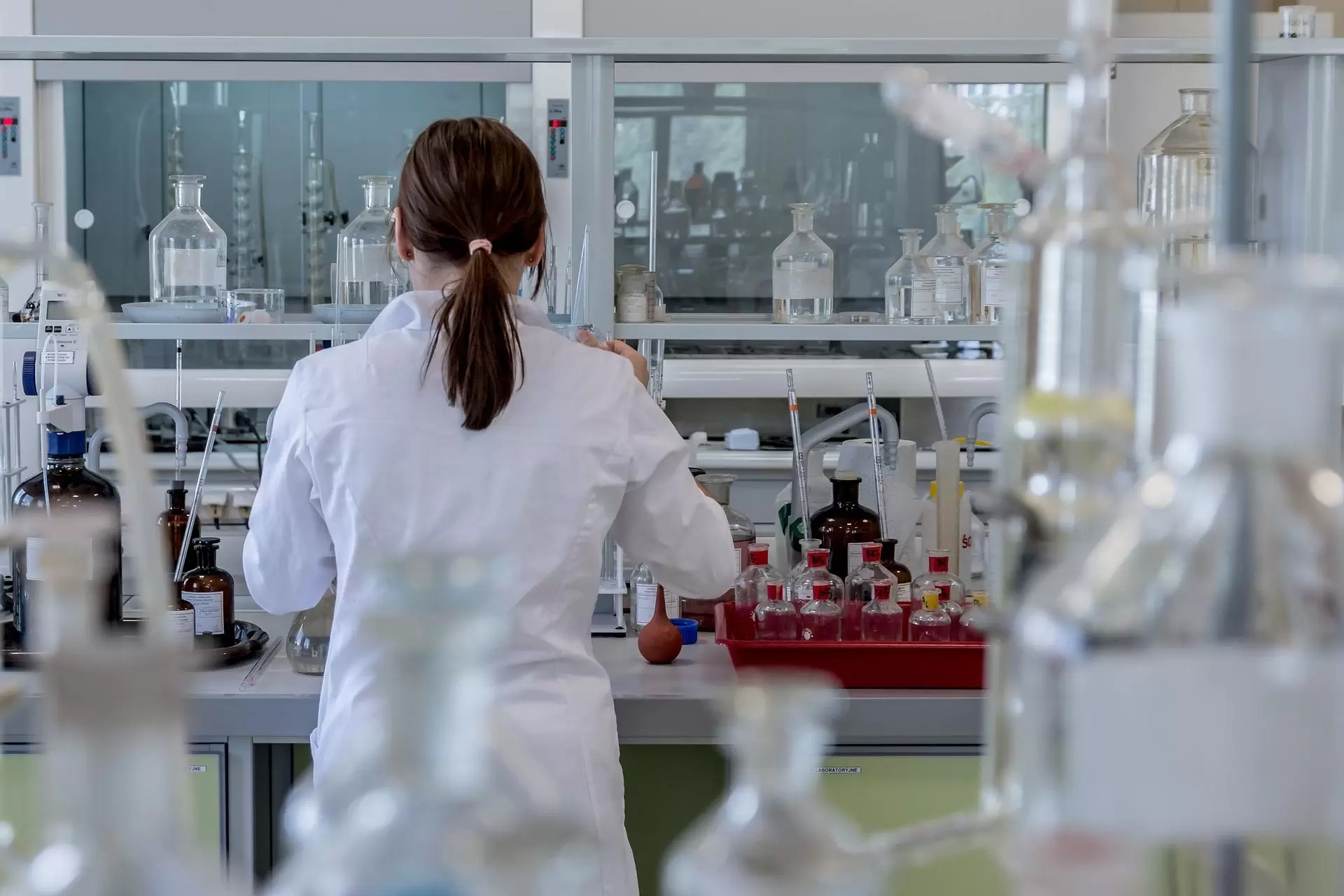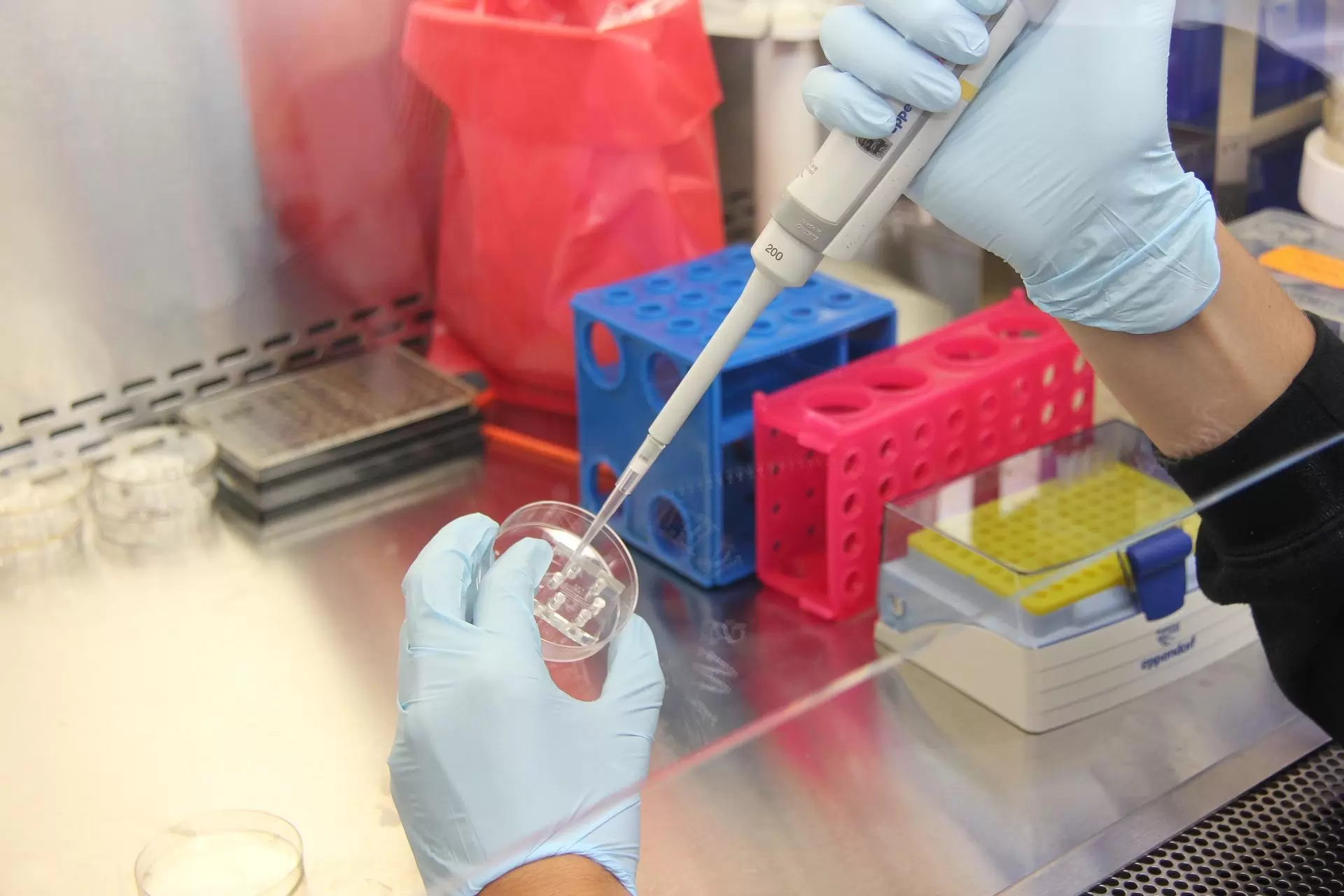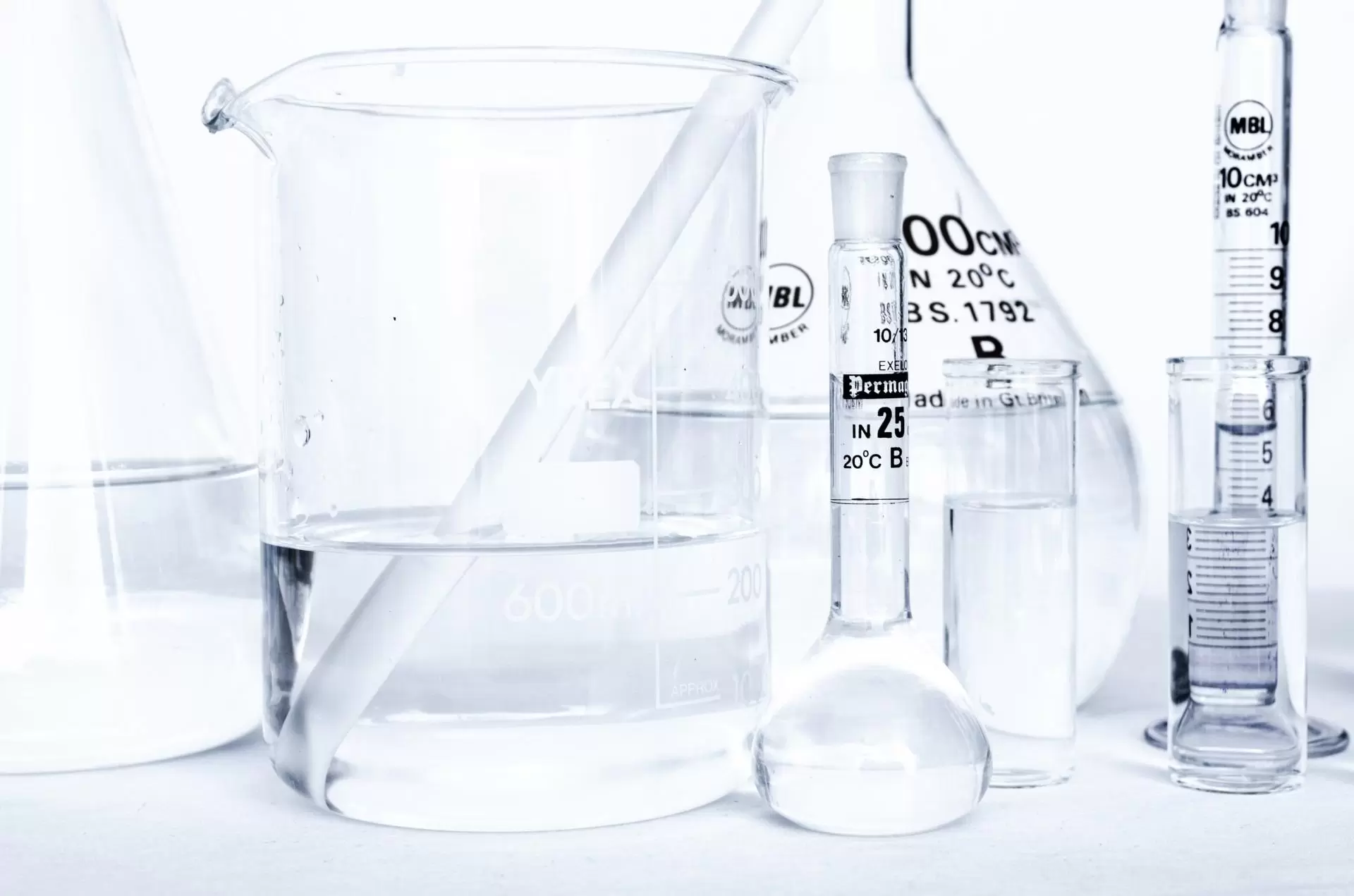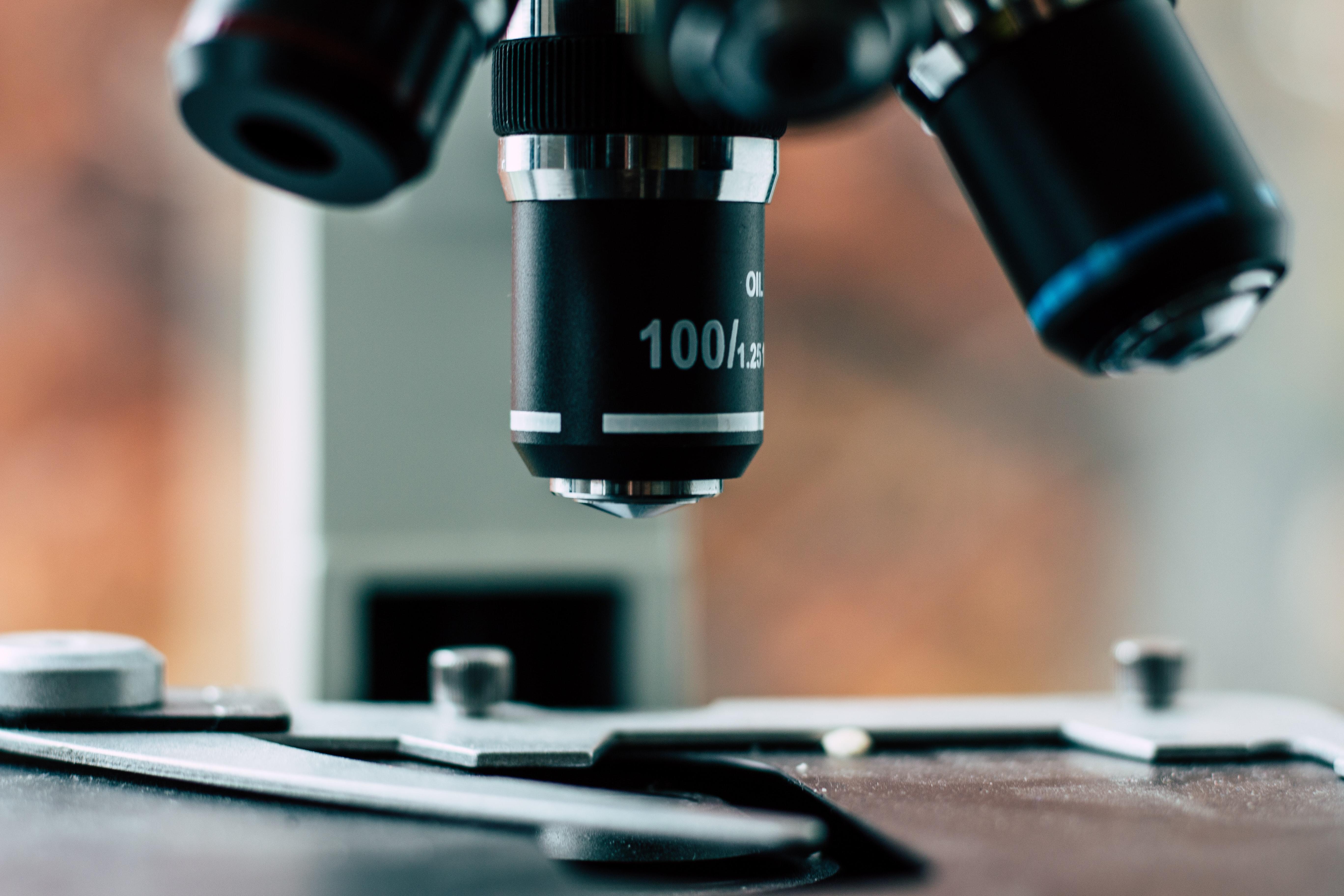Research
Featured Research Areas
Focusing on bacterial infections especially CDI/rCDI, major research branches in Wang lab are: 1. Pathogenesis studies with genetic engineering tools; 2. Gut microbiota and CDI studies to alleviate CDI by gut microbiota modulators; 3. New drugs development such as new bacteriocins and phages as CDI/rCDI therapy.
Pathogenesis Studies

We apply genetic engineering tools including CRISPR-Cas9 systems to uncover pathogenesis mechanisms in antibiotics-resistance of C. difficile , communication between C. difficile and other gut microbes, as well as host-pathogen interactions.
Gut Microbiota and CDI

We develop gut microbiota modulators such as probiotics, prebiotics, synbiotics and postbiotics, and study their effects on reducing CDI/rCDI through the gut microbiota-gut metabolome way.
New Drugs Development

We discover beneficial metabolites such as bacteriocins, bacteriophages, and natural products with anti- C. difficile activity to reduce or replace antibiotics in treating CDI/rCDI in an efficient and healthier manner.
Lighting the way
Forefront Of Research
We are studying roles of S-layer proteins in biofilm formation of C. difficile ; uncovering key genes responsible for antibiotics resistance; developing gut microbiota modulators against CDI/rCDI; and hunting virulent phages for C. difficile elimination.


